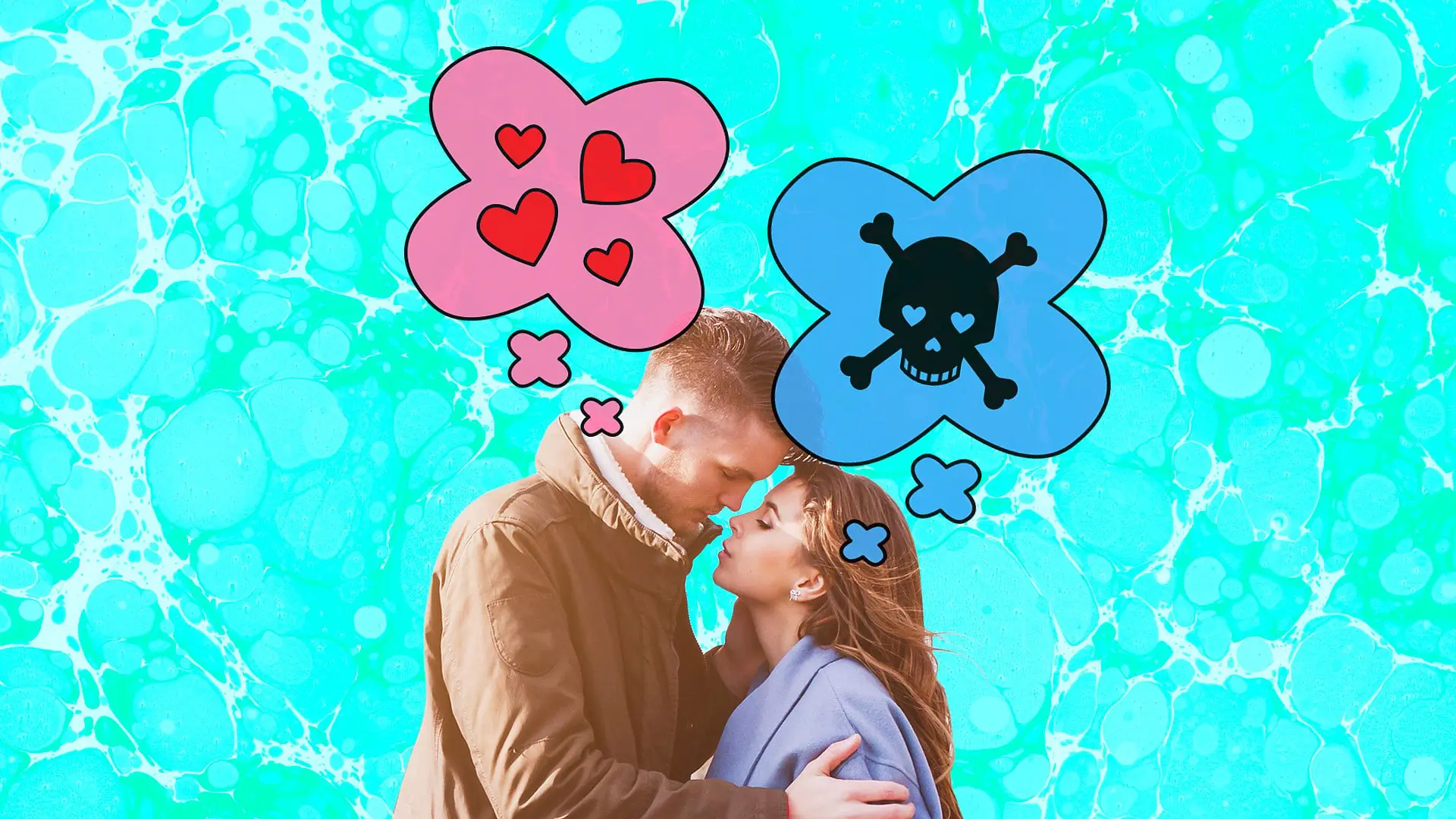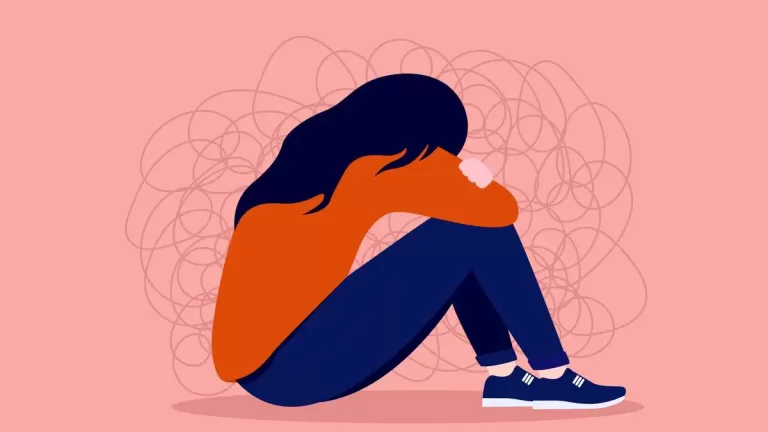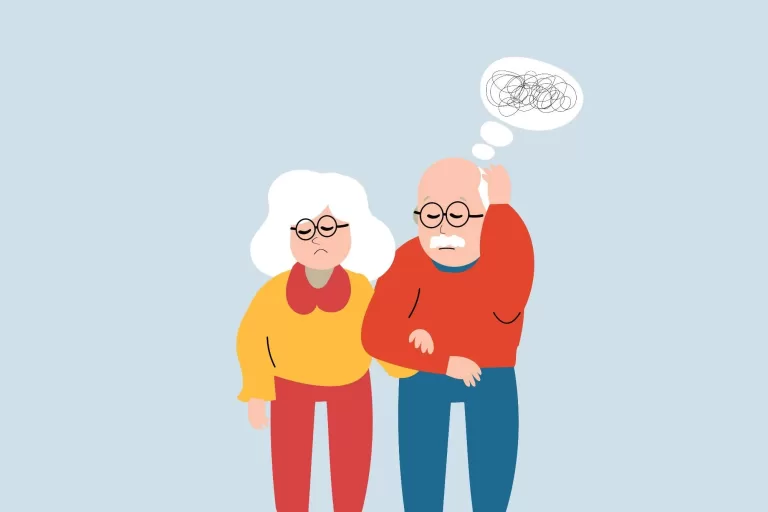
Toxic Relationships
This page may contain affiliate links. If you choose to purchase after clicking a link, I may receive a commission at no extra cost to you.
A toxic relationship is one where your well-being is threatened in some way, whether emotionally, psychologically, or physically. It can leave you feeling unsupported, misunderstood, demeaned, or attacked. Toxic relationships can occur in any type of interpersonal relationship, including friendships, family relationships, romantic relationships, or workplace relationships. In a toxic relationship, there is a lack of healthy communication and conflict easily arises.
Do any of the following apply to you?
- You give more than you get, which makes you feel devalued and depleted.
- You feel consistently disrespected or that your needs aren’t being met .
- You feel a toll on your self-esteem over time .
- You feel depressed, angry, or tired after spending time with the other person .
- You bring out the worst in each other or are not your best selves around each other .
- You feel like you have to walk on eggshells around the other person to avoid conflict or criticism .
- You spend a lot of time and emotional strength trying to cheer them up or fix their problems .
- You are always to blame or they turn things around so that their faults are your fault .
- You experience physical or verbal abuse from the other person .
- Toxic relationships can exist in any context, such as with family members, friends, romantic partners, co-workers, or acquaintances .
- Toxic relationships can have negative effects on your mental and physical health, such as increased stress, anxiety, depression, low self-esteem, insomnia, headaches, chronic pain, and more .
- Toxic relationships can be difficult to cope with or leave, but there are some strategies that can help.
Why do people stay in a Toxic relationship?
People stay in a toxic relationship for various reasons, here’s a few of them:
- They might not realize the relationship is toxic. They may minimize toxic behaviors or think they’re normal. They may also blame themselves or be manipulated by their partner to doubt their own reality.
- They may be afraid of leaving. They may fear being alone, being harmed, being judged, or losing everything. They may also face barriers such as financial dependence, lack of support, or legal issues.
- They may still love their partner or hope they will change. They may experience a cycle of abuse and reward, where their partner alternates between being cruel and being kind. They may believe that their partner is capable of being better or that they can fix them.
- They may be emotionally invested in the relationship. They may have spent a lot of time, energy, and resources on the relationship. They may also have children, pets, or shared assets with their partner. They may feel guilty or ashamed of giving up on the relationship.
These are not the only reasons why people stay in a toxic relationship. Every situation is different and complex. However, staying in a toxic relationship can have serious consequences for one’s physical and mental health. It is important to seek help and support if one is experiencing or witnessing a toxic relationship.
Why do abusers act the way they do?
Abusers act the way they do in relationships because they want to have power and control over their partners. They may feel insecure, inadequate, or threatened by their partners and use abusive tactics to compensate for their own issues. They may also have learned abusive behaviors from their own childhood or previous relationships. Some possible reasons why abusers act the way they do are:
- They have low self-esteem and feel the need to dominate their partner. They may be jealous, possessive, or paranoid about their partner’s actions. They may try to isolate their partner from family and friends, monitor their phone or social media, or accuse them of cheating. They may also put down their partner’s appearance, intelligence, or abilities to make them feel worthless.
- They have unresolved trauma or mental health issues that affect their emotions and behavior. They may have experienced abuse, neglect, or violence in their past that has left them with anger, fear, or shame. They may also suffer from depression, anxiety, personality disorders, or substance abuse that impair their judgment and impulse control. They may lash out at their partner when they feel stressed, triggered, or overwhelmed.
- They have distorted beliefs about relationships and gender roles. They may believe that they have the right to control their partner’s decisions and actions. They may also believe that they are superior to their partner based on their gender, race, religion, or culture. They may use physical, sexual, or verbal abuse to enforce their authority and punish their partner for not obeying them.
- They lack empathy and remorse for their partner’s feelings and well-being. They may rationalize, justify, or deny their abusive behavior. They may blame their partner for provoking them or making them angry. They may also manipulate their partner by lying, gaslighting, or making false promises to keep them in the relationship.
These are not the only reasons why abusers act the way they do in relationships. Every abuser is different and has their own motives and triggers. However, none of these reasons excuse or justify abuse. Abuse is never the fault of the victim and it is never acceptable in any relationship.
Take Action
- Recognize the signs of a toxic relationship, such as disrespect, manipulation, abuse, or lack of trust.
- Seek support from friends, family, or professionals who can help you cope and plan your exit strategy.
- Set boundaries and limit contact with the toxic person as much as possible.
- Focus on your own well-being and self-care, such as exercising, meditating, or pursuing your hobbies.
- Rebuild your confidence and self-esteem by affirming your strengths and achievements.
- Move on with your life and don’t look back. You deserve happiness and respect.









Leave a Comment